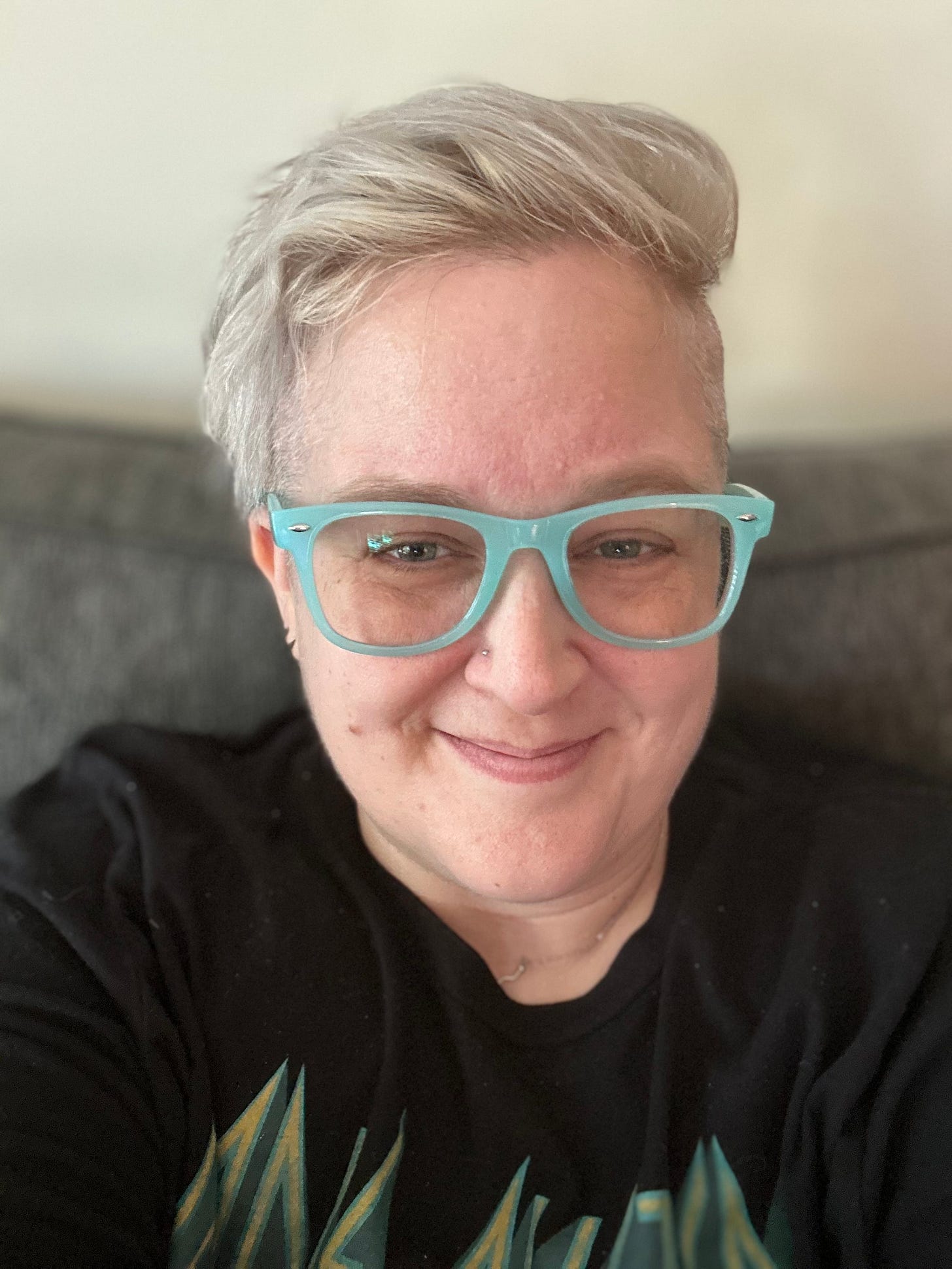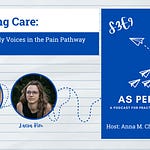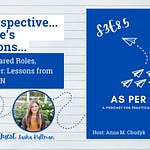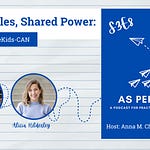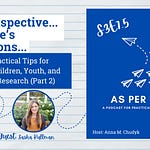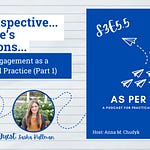Overview
In this follow-up conversation with knowledge broker and bereaved parent-advocate Rae Martens (Family Engagement in Research Program/ Kids Brain Health Network / Can Child Center for Childhood Disability Research), we move from principles to practice: how to create developmentally appropriate, emotionally safe, and genuinely collaborative research partnerships with children, youth, and families.
🔑 Key Topics & Take-Aways
Safety, Autonomy & Consent: Build youth-only voice and choice into the process (clear opt-outs, code words, flexible participation/closure) and treat “no” as a complete sentence.
Design for Belonging (not convenience alone): Choose spaces and formats that feel safe and accessible (breaks, neurodiversity-friendly rooms, food, hybrid/online options), and normalize caregiving realities on calls.
Engagement ≠ Recruitment: Involve kids and families early to shape questions and methods; adapt language to them (mirroring, “what did you hear me ask?”), and distinguish partnership from participation.
Playful, Practical Methods: Try warm-ups and co-creation tools (question soccer ball, LEGO®, social stories, joint “yes-and” storytelling for dyads), and close loops with gratitude, aftercare, and simple follow-ups.
Meet our guest
Rachel (Rae) Martens is a knowledge broker and research engagement strategist working at the intersection of health research and lived experience. With a background in patient partnership and science communication, she helps researchers and communities connect through meaningful, equity-focused engagement. Rae is also a writer and advocate, using storytelling to shift how we talk about disability, care, and the systems that shape our lives.




